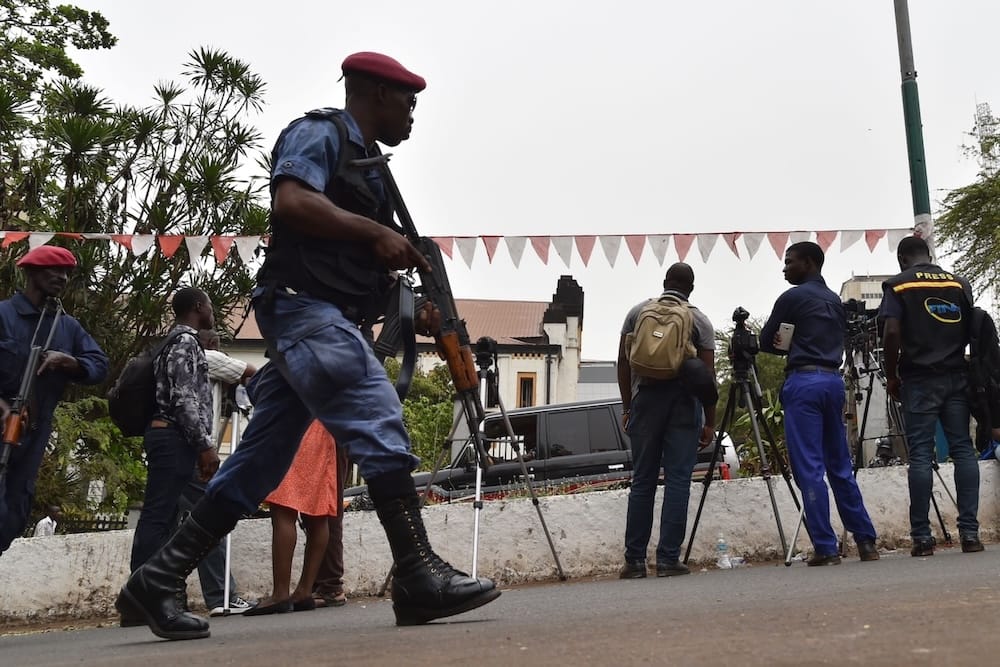Two UN sources confirmed that most victims died from live bullets, while others were beaten to death during violent dispersals of demonstrations. The Cameroonian government has not released an official death toll, and authorities declined to comment on the reported casualties.
President Biya, aged 92, was declared the winner of the October 12 presidential election with 53.66% of the vote against 35.19% for opposition candidate Issa Tchiroma Bakary, a former government spokesman who resigned from his ministerial position earlier this year.
Bakary, who rejected the results and claimed victory, called for mass demonstrations and a three-day nationwide lockdown to protest what his supporters have called “a stolen election.”
According to UN data, nearly half of the recorded deaths occurred in the Littoral region, which includes Douala, Cameroon’s largest city and economic hub, where clashes between protesters and security forces were particularly intense.
The same report said three gendarmes were also killed during the unrest, while 10 additional civilian deaths were reported in the North region, the hometown of opposition leader Tchiroma.
A civil society organization, Stand Up for Cameroon, reported last week that at least 23 people had been killed during the protests, though the UN’s updated figures suggest a significantly higher toll.
The violence has drawn international condemnation. U.S. Senator Jim Risch, chairman of the Senate Foreign Relations Committee, denounced the election as a “sham” and accused Biya’s government of persecuting opponents and unlawfully detaining American citizens.
“Cameroon is not a U.S. partner and poses both economic and security risks,” Risch said on social media, urging Washington to reassess its relationship with Yaoundé.
President Biya, who has ruled Cameroon since 1982, is set to be sworn in for his eighth term on Thursday, amid accusations of widespread fraud, human rights abuses, and growing public discontent.



